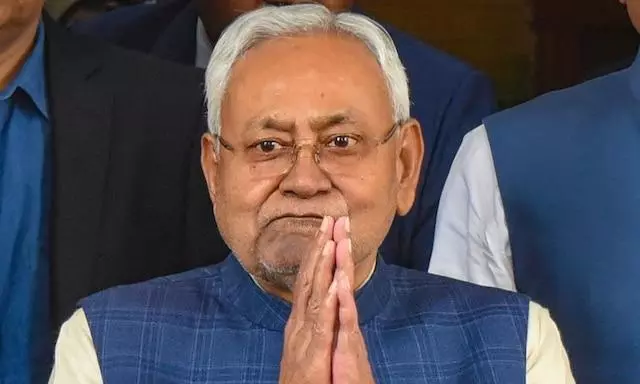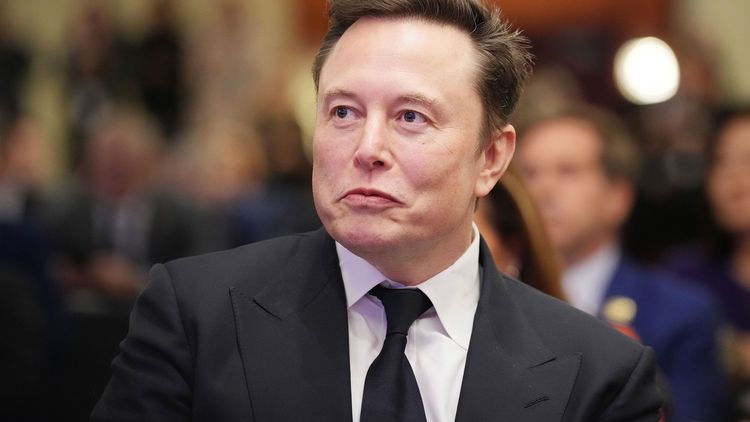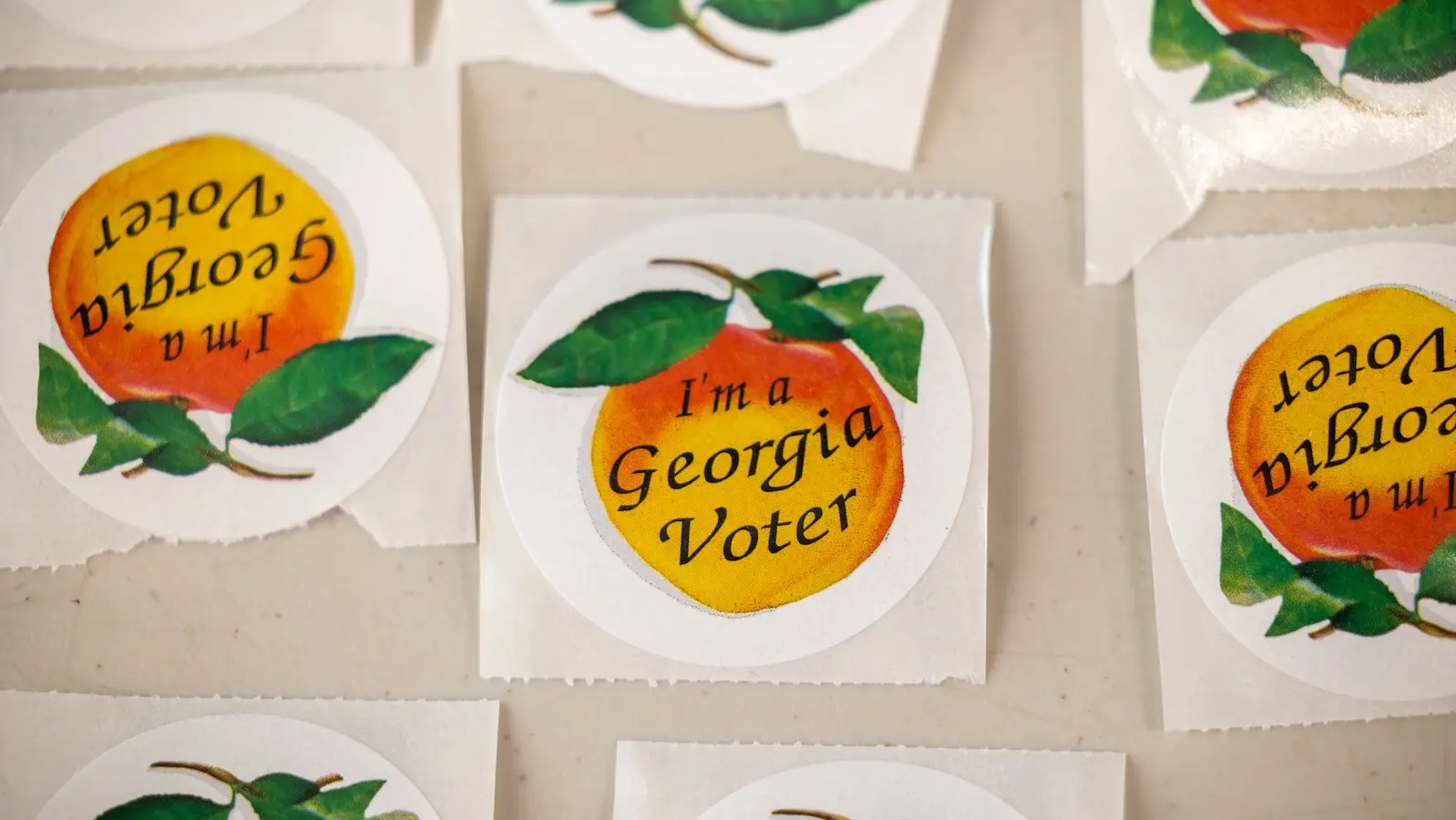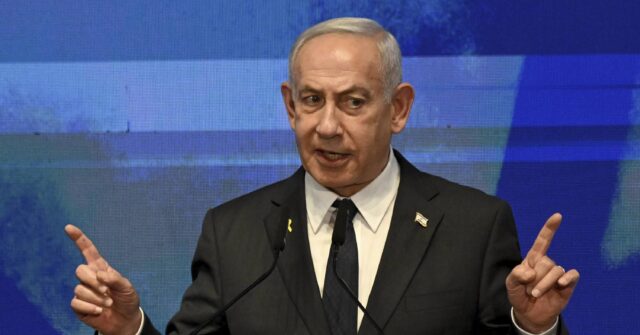By Howard Aru
Copyright dailypost

Vanuatu is rated the country most at risk of natural disasters by the United Nations (UN). In the region, we are the most climate-vulnerable. We’re also heavily disadvantaged by other issues such as global shocks, limited capacity to cope or recover from disasters such as cyclones, earthquakes and volcanic activities. In addition, as experts say, Vanuatu is also susceptible to socio-economic vulnerabilities such as poverty and increasing inequality, with limited resources and a financial environment that has been a subject of ongoing controversies.
Deepening crises – Finance/diplomacy
We’ve been mercilessly blacklisted by the EU on two separate lists: “the EU’s anti-money laundering and counter-financing of terrorism (AML/CFT) list since 2016, and the EU’s list of non-cooperative jurisdictions for tax purposes since 2019.” Moreover, the country’s Citizenship-by-Investment (CBI) program, also known as “golden passports,” is under intense scrutiny and investigation due to allegations that it has attracted criminals and oligarchs. This contributes to an international perception of financial risk, hindering efforts to attract legitimate foreign investment.’ The surprises don’t end there. The news last week of the Commonwealth Bank of Australia (CBA)’s decision to discontinue its support for “Designated Agents” under the Vanuatu Citizenship Programs (DSP and CIIP) starting this month could likely be the death knell on schemes we’ve heavily depended on for our revenues in recent years. Our very own National Bank of Vanuatu (NBV) is now caught between a rock and a hard place because of this. Speaking of the NBV, the resignations of some of its top management executives over the past week have left a huge dent in the bank’s leadership.
To those new-comers who may not know where that instution came from, it would be nice if they took some serious time out to do some humble soul-searching and reflections on themselves first and foremost. The NBV we know today is a product of years of painstaking commitment, hard work and reforms. Speaking to a high level inside source a few days ago has revealed we have some very serious issues among staff and the governing Board itself that must urgently be addressed by the Government or the situation can fester into becoming another Air Vanuatu saga. The senior executives who’ve resigned are extremely concerned about what’s been brewing inside, thus the drastic decisions they have taken. For the record, NBV is one of the living testimonies of the positive aspects of the CRP the Government undertook since 1997. For those years of hard work to just be undone by some divisive elements, that is simply unacceptable and very unfortunate.
Besides, we’ve just gone through another diplomatic challenge with the Nakamal Agreement. Meanwhile (as allerged) an alternative – a proposed Namele Agreement,has been lurking in the background, jostling for recognition and endorsement, against the former, rather than collaboratively in the true spirit of ‘friendship’ – a rhetoric often employed by foreign partners. With all these difficult relations going on, our historical IR (international relations) policy of being ‘Friends to all, Enemies to none’ has been heavily strained.
But suffice to say, that it’s been an ongoing diplomatic war of relations with both external partners – one a Western democratic ally while the other a Communist regime – courting members of the same Government of a small island country like Vanuatu that is faced with so many difficult issues as briefly painted above. The obvious question to ask ourselves is, what must we do? How do we move forward? How do we deal with the current very volatile and somewhat unfriendly diplomatic relations between China and The West?
There are no simplistic answers to all the difficult issues highlighted above. But three general principles might need our pondering over.
1)Lead with Wisdom
King Solomon famously asked for and received wisdom from God, who appeared to him in a dream and offered to grant any request. Solomon, recognising his inexperience as a new king, requested a “discerning heart to govern his people” so he could “discern between good and evil”. God was pleased with this selfless request and granted him great wisdom, along with riches, honor, and a long life, on the condition of his faithfulness to God. Atheists, sceptics and heathens might want to challenge this citation. But they will agree with the fact that wisdom is of fundamental importance to any leadership endeavor in life. That’s what we sorely need it in this country today amid all the conflicting interests imposed on us both within and without.
2)Be a Welcoming Country
How do we become a welcoming country? A lot could be said and done. The Distant Voice last week discussed the subject of ‘Administrative Powers’ in government that have in effect created roadblocks and stumbling blocks and bottlenecks for development. In a way, this column is an expansion of the points raised in that article. The Government has a hard time raising its finances/revenues, yet a good number of its very own 50+ directors sit in the doorway of those revenues with legal powers to get things done, yet block these via their lax and laissez-faire attitudes and cumbersome processes. Hopefully the PSC’s move to get Directors back under results-based contracts will help to improve performance and unleash development opportunities to bring in fresh money and resources the country needs, to provide the services required of it by the people.
Tourism and Foreign Direct Investment (FDI) are two big ones that require an utmost ‘Welcoming’ spirit by the country. FDI has a positive relationship with Gross Domestic Product (GDP), acting as a driver for economic growth by introducing advanced technology, improving human capital via training, and increasing overall productivity. But this relationship, however, is not automatic; it depends on the host country’s economic characteristics, such as its level of human capital, trade openness, and financial development. One thing is sure and certain – our administrative leaders need to fully understand this. And they have to be the best in their performances. We applaud Fiji’s and Asia’s growth and development. But these are open and much more welcoming economies, with conducive policies for economic growth. Unlike Vanuatu which is the most vulnerable, poor, blind and miserable, yet unwelcoming, restrictive in many ways to prvate sector development and to investors. One would have thought that we would be the most welcoming regime in the Pacific because of our ranking as the most vulnerable country to climate change. But we are not.
3)Shun the Love of Money
King Solomon prayed for wisdom, not money. With wisdom came the money, and the wealth. In Vanuatu, we’ve put the horse before the cart. Money talks. We are susceptible not only to climate change but to bribes. We’re easily fooled. In our efforts to grow new political parties and to influence their growth, we play with money. We chase after the wind all the time. That’s us. Almost like an addictive hobby. No wonder the saying, ‘the love of money is the root of all evil.’ The love of money has landed people in jail in the recent past. By far we’re the only country in the region that has gone down that road en masse. As if that’s not enough, today the country is teetering on the verge of a possible second dip of the roller coaster ride. We’ve never learnt.
The question still remains, amid our deepening crises, what must we do? The few points raised in this article are only suggestions. Whatever you can offer to help reshape the destiny of our country, do those and be a part of that change. Mahatma Gandhi once said, “Be the change you wish to see in the world.” That change process must commence with us as individuals. To add, Martin Luther King, Jr. said, “You don’t have to see the whole staircase, just take the first step.” We all need to take steps today to make ours a better country.
The Distant Voice is a weekly column focusing on various aspects of life and development in Vanuatu.



